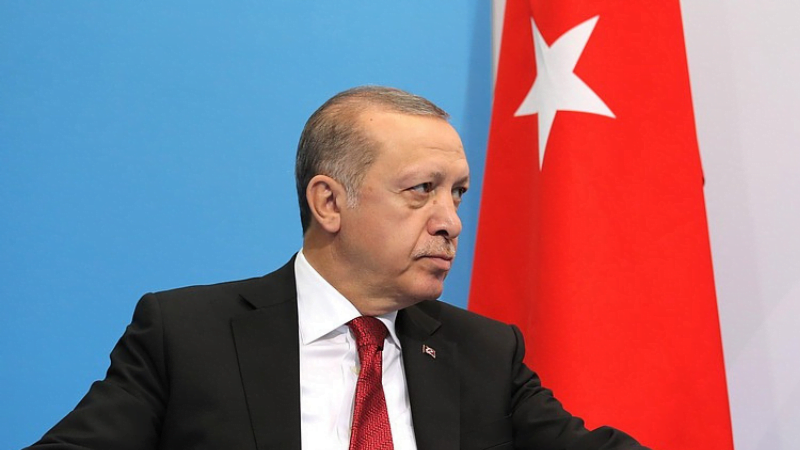International press freedom organisations have strongly condemned the apparent targeting of a civilian convoy by the Turkish Air Force that killed two Kurdish journalists and five civilians in Syria.
Syrian Kurdish journalists Saad Ahmad, a reporter for the Kurdish news agency Hawar News (ANHA), and Mohamed Hossien Rasho, a reporter for Çira TV, were killed instantly in the airstrike that targeted their vehicle travelling between the northern Syrian towns of Qamishli and Ras al-Ain.
Another five civilians were killed, while another eight journalists were seriously injured in the attack on 13 October, according to the latest reports.
“We are deeply concerned by the apparent targeting of a civilian convoy in northern Syria. Turkish forces must respect international standards and ensure that journalists and other civilians are not targeted; such attacks are expressly prohibited by international law and may constitute war crimes,” said Maria Salazar Ferro, the Committee to Protect Journalists‘ (CPJ) Emergencies Director.
Reporters Without Borders also spoke out against the attacks, reminding Turkish and Syrian authorities that “any attack on journalists is strictly prohibited under international law, which requires belligerents to protect media personnel along with humanitarian personnel and all other civilians.”
On 9 October, Donald Trump withdrew most US troops from the northeastern part of Syria where they had previously been assisting the Kurds in the fight against the Islamic State. Turkish President Recep Tayyip Erdoğan launched an offensive into the area soon after, displacing some 160,000 people.
The Turkish government claims it is neutralising Kurdish “terrorists”, boasting of having killed hundreds of Kurds since the conflict began. Other sources fear a Kurdish genocide at the hands of the Turkish forces, as well as up to 400,000 civilians in the area requiring aid and protection in the near future.
The Turkish-backed forces have also been accused of executing Kurdish civilians as well as a female Kurdish politician, Hevrin Khalaf. She was executed by a Turkish-backed group on 12 October and her body was sent back to her family in pieces.
Turkey has been heavily criticised for its actions and the country could be at risk of facing a European arms embargo and trade sanctions. Accusations of war crimes have also been made, compounding the country’s less than stellar human rights record.
At home, Erdoğan has arrested some 24 people on “terrorist propaganda charges” for posting criticism of the military offensive on social media.
On Thursday, Erdogan agreed to a cease-fire to allow the Kurdish forces to retreat. He appeared on Turkish television on Saturday saying if the fighters did not withdraw by Tuesday evening “we will start where we left off and continue to crush the terrorists heads,” the BBC reported.
Then, on Sunday, Redur Khalil a senior Syrian Kurdish official said his forces will pull back in line with Turkey’s demands and said they planned to evacuate the remaining civilians and fighters from the town of Ras al-Ain.
Turkey is labelled the world’s worst jailer of journalists. He has eliminated dozens of media outlets and either imprisoned or filed charges against thousands of journalists, writers, and activists.
The country ranks 157 out of 180 on the Reporters Without Borders World Press Freedom Index 2019.












